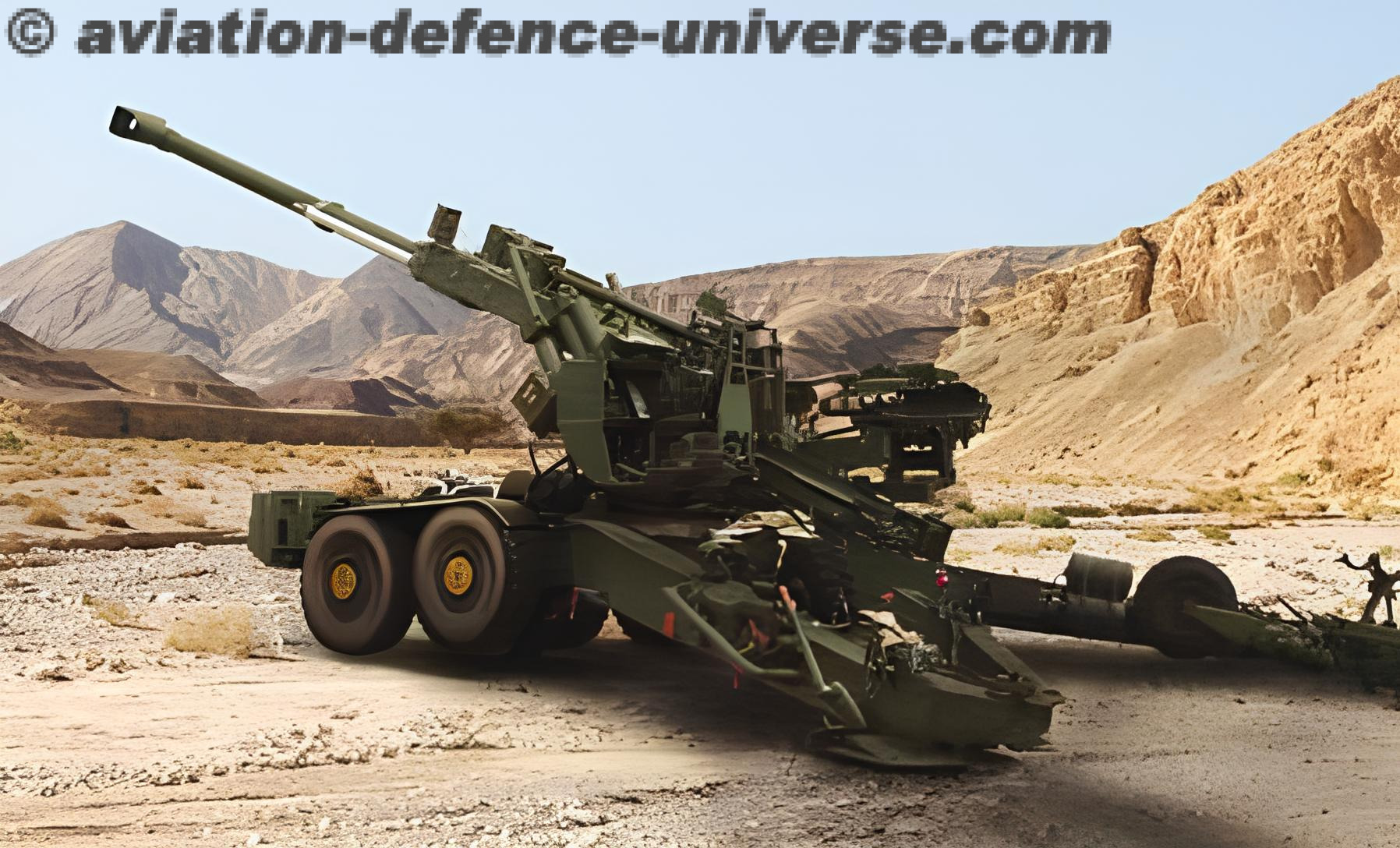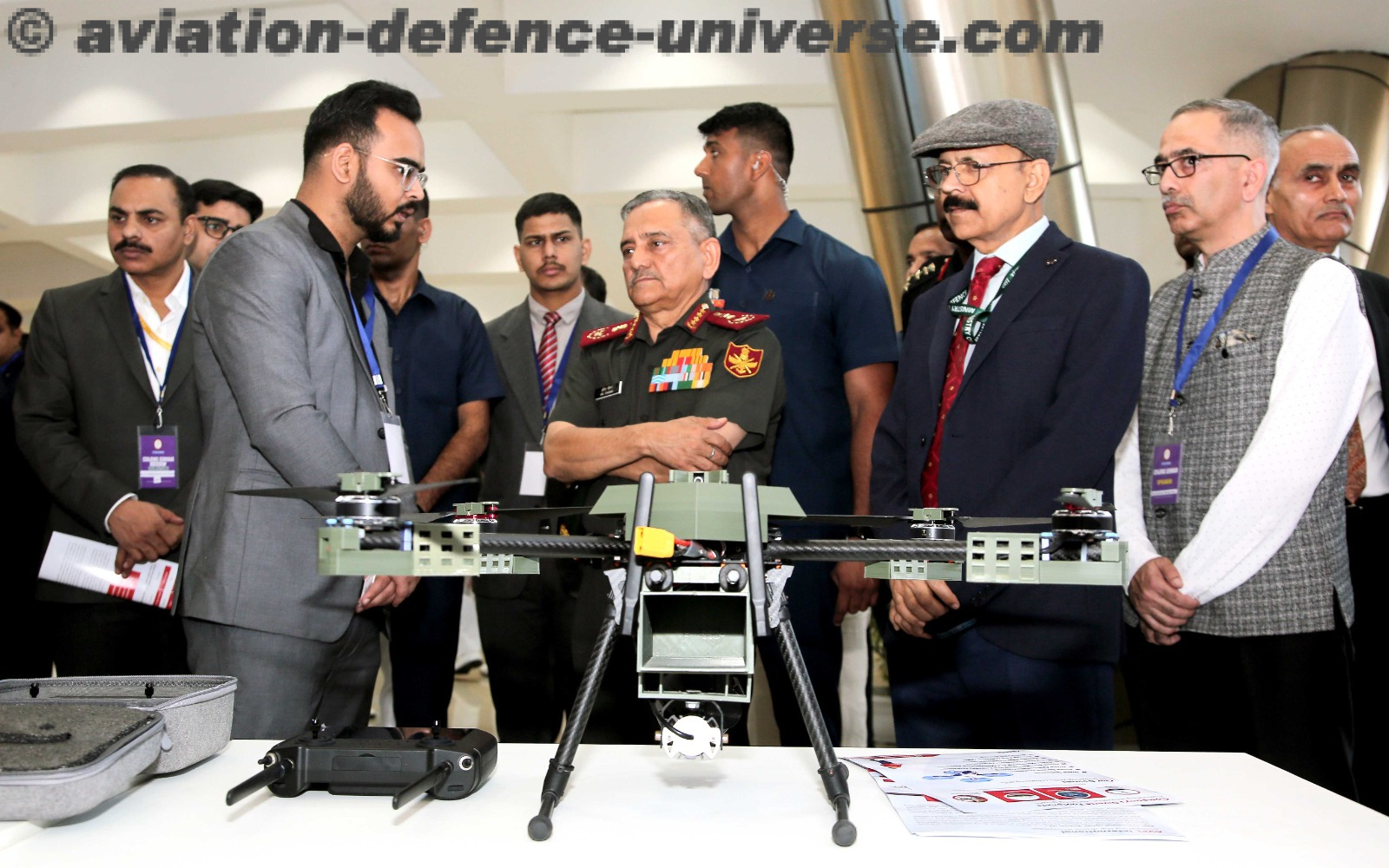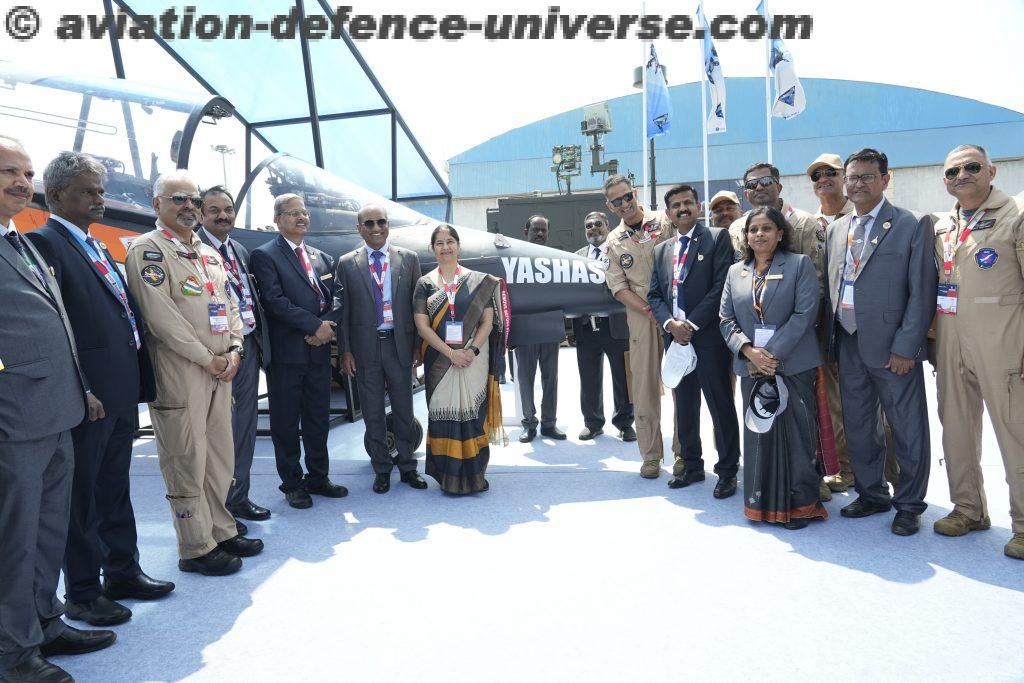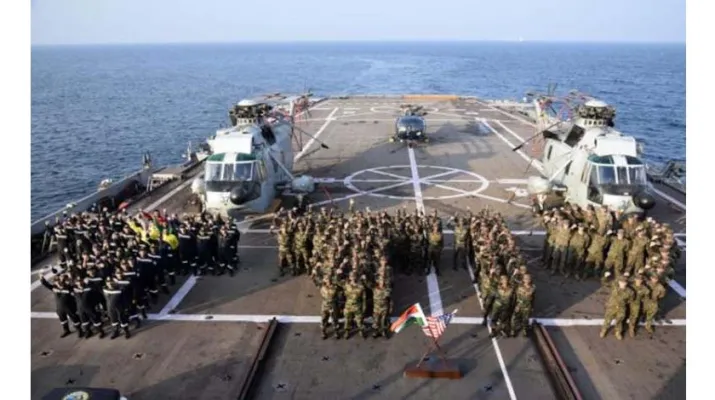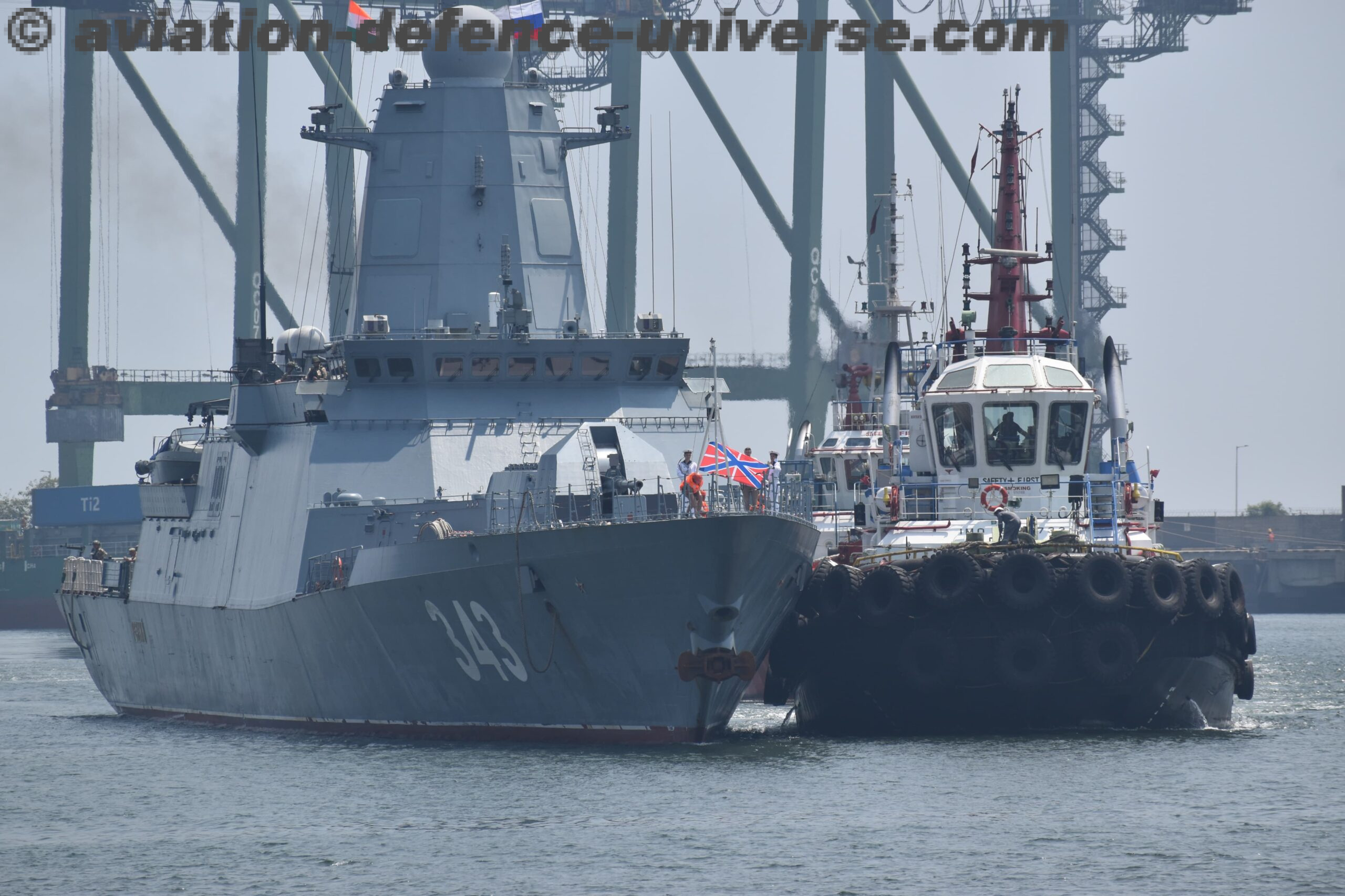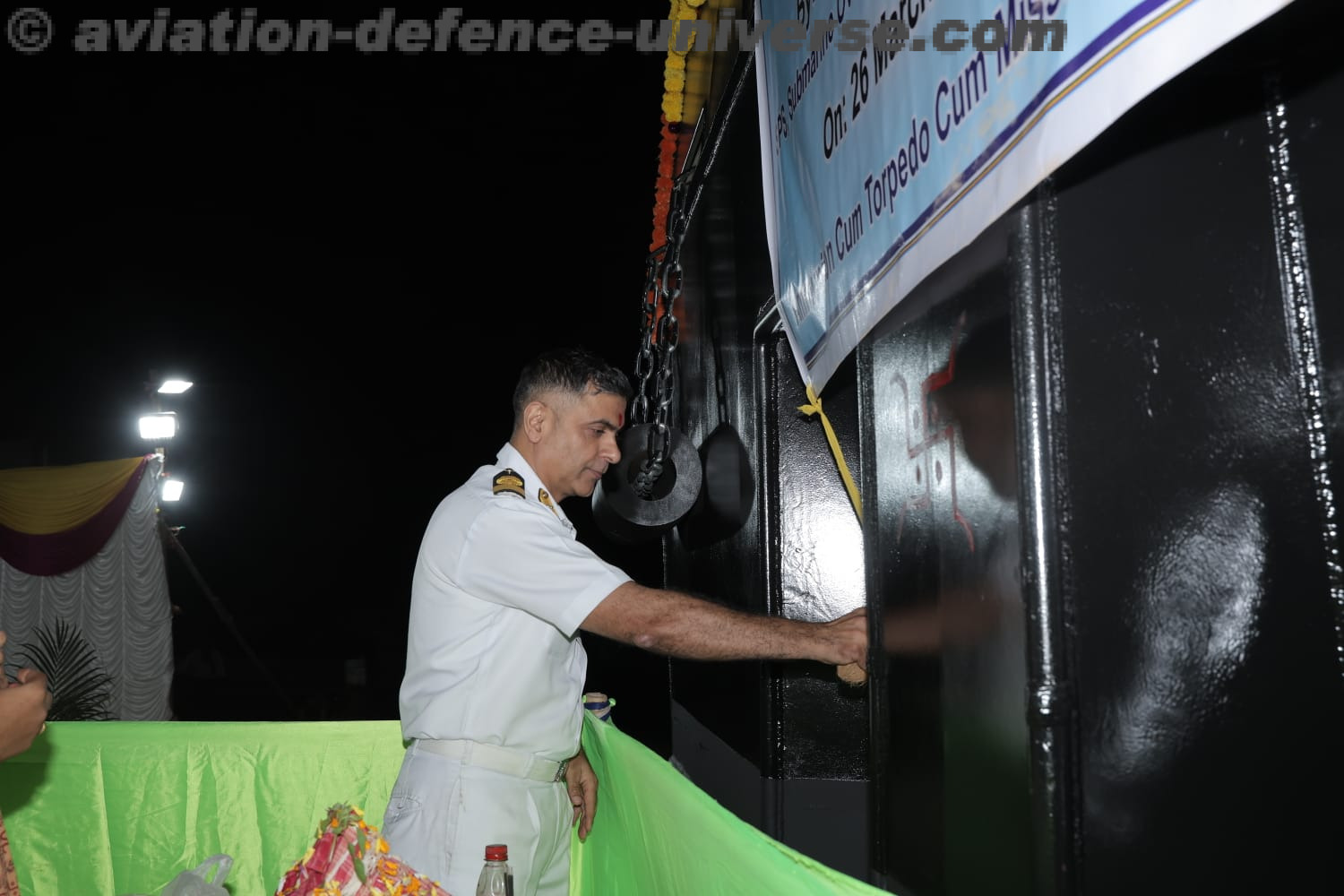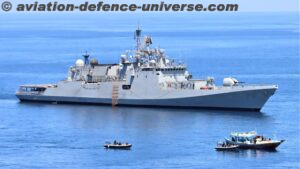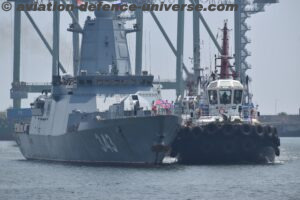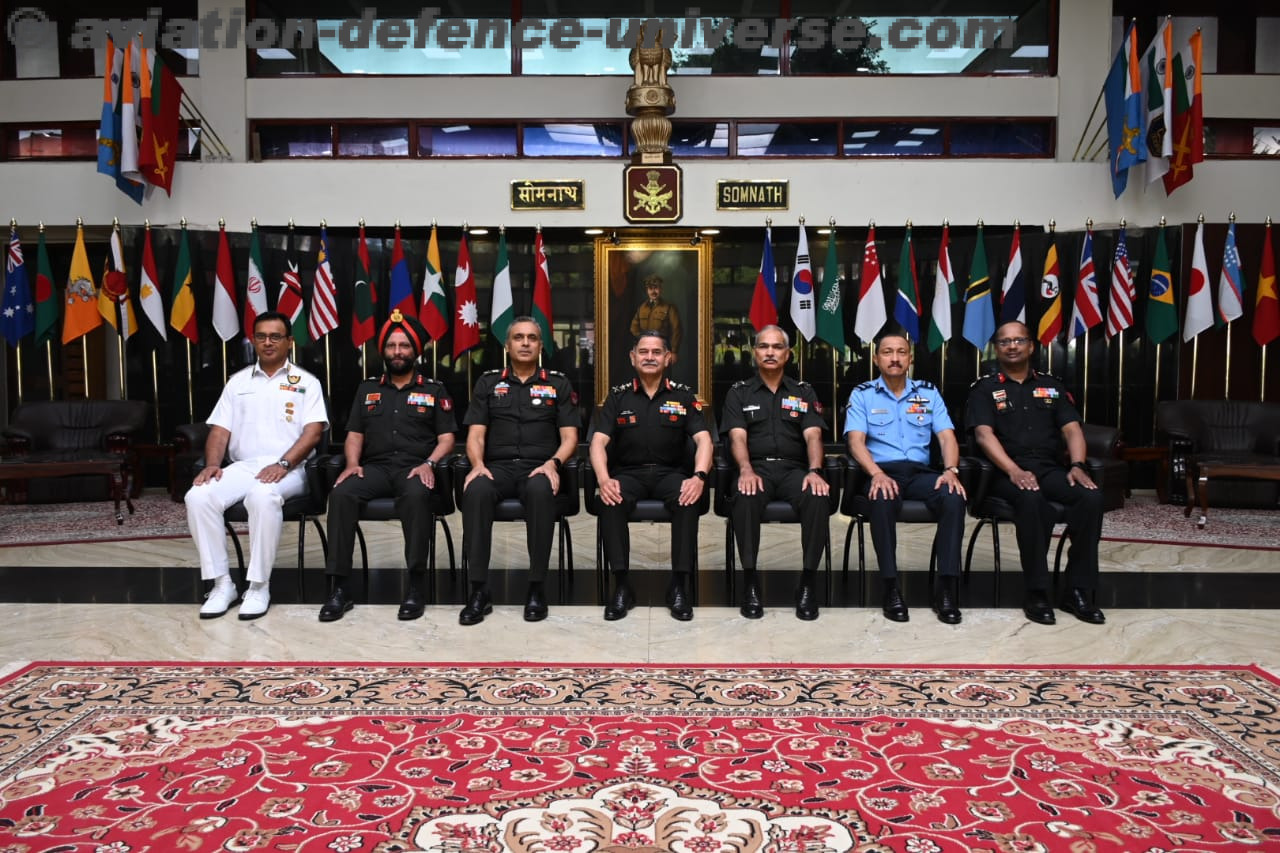New Delhi. 13 January 2020. One of the Key Result Area for Indian Navy has been fuel quality standards revision to keep pace with induction of new technology equipment and meet contemporary emission standards. With the advent of technology and refining techniques in the petroleum industry better quality of fuel abiding to more stringent specifications has become a necessity. Hence, continuous improvement in technical specification for diesels is the primary focus area.
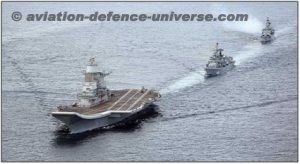
Leveraging technology and improved refining techniques available with the country’s petroleum industry, the Indian Navy in collaboration with M/s IOCL carried out an extensive and thorough study and a comparative evaluation of existing international regulations (ISO, MARPOL, NATO etc). As an outcome, a revised technical specification was arrived at consisting of 22 test parameters including critical parameters cetane number, flash point, sulphur content, sediment content, oxidation stability and Cold Filter Plugging Point (CFPP). The new specification will not only ensure a better quality fuel but also result in a reduced carbon footprint.
M/s IOCL, post upgradation of the refinery units, initiated limited supply of the product to Indian Navy platforms following which rigorous machinery performance checks and acceptance trials were carried out. Distinct improvements in fuel quality were observed. Given the positive results, the new fuel was therefore decided for pan Navy implementation. On 13 January 2020, the launch of the new fuel (High Flash High Speed Diesel) HFHSD – IN 512, with revised technical specifications was undertaken.
With this, the country will be able to ensure interoperability amongst foreign navies during fleet exercises and provide fuel of quality better than that mandated to all foreign navies under bilateral/ multi-national logistics support pacts including LEMOA (Logistics Exchange Memorandum of Agreement).
Successful introduction of the new fuel is a landmark occasion highlighting the enormous potential which exists within the country to produce world class products. This effort would also benefit other M/s IOCL consumers in the country like Indian Coast Guard and other merchant marine in the coming years. The achievement would also mark a new high with quality fuel available to all foreign Navy ships at Indian ports during exercises with the Indian Navy.
This revolutionary initiative would go a long way in enhancing equipment reliability, performance, reduced carbon footprint, emissions and more importantly would be key enabler in the Navy’s ‘Mission Based Deployment’ on a global scale.





